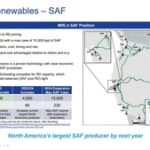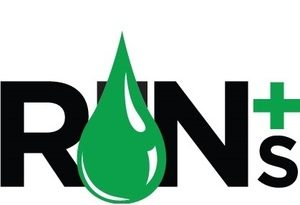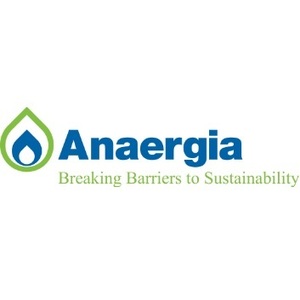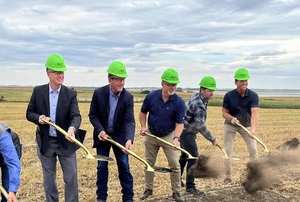UK Jet Zero Council details plans to accelerate SAF production
Energy Disrupter
ADVERTISEMENT
The U.K.’s Jet Zero Council on April 17 released a two-year plan that describes how it will support the government’s goal to reach Jet Zero by 2050, including how the council will help accelerate the production of sustainable aviation fuel (SAF).
The Jet Zero Council, launched by the U.K. Department for Transport in 2020, is made up of industry, academic and industry leaders, including representatives of Shell, LanzaTech and Velocys. During its April 17 meeting, the council committed to continue working to speed the design, manufacture and rollout of zero emission aircraft and vital infrastructure at U.K. airports.
The council previously set a goal of deliver 10 percent SAF in the U.K. fuel mix by 2030 and zero emission transatlantic flight within in a generation. To support its goals, the Jet Zero Council formed two delivery groups. One is focused on SAF and the other is focused on zero emission flights.
The two-year plan released by the Jet Zero Council, in part, sets out how the group will help accelerate the production of SAF by continuing to invest millions of pounds in first-of-a-kind SAF plants, supporting crucial scientific research on a larger scale, and helping drive down production costs.
Under the two-year plan, the SAF delivery group is expected to launch a public consultation related to the development of a SAF mandate this year. It also aims to publish an independent review on development of a U.K. SAF industry, develop potential mechanisms to secure a long-term, sustainable U.K. SAF industry, understand the role of carbon removals and SAF production towards net zero aviation, launch a SAF clearing house, clarify details on recycled carbons fuels policy, launch a low carbon fuels strategy, and make the work’s first transatlantic flight fueled with 100 percent SAF. Moving into 2024, the SAF delivery group plans to undertake additional work in support of a SAF mandate, with the mandate expected to launch in 2025. Also in 2024, the SAF delivery group plans to review data from the 100 percent SAF transatlantic flight, support efforts to begin construction on at least five commercial-scale SAF plants by the end of the year, and continue various other efforts launched in 2023.
Also on April 17, the U.K. Department for Transport published its response to an independent report on SAF. The agency in October 2022 commissioned the report, which was completed by Philip New, to help understand the conditions needed to create a long-term sustainable SAF industry in the U.K. In its response, the U.K. Department for Transport details the extensive work that is already underway to meet many of the report’s recommendations and highlights additional actions that can be taken to drive further investment in U.K. SAF production.
Additional information is available on the U.K. Department for Transport website.
















